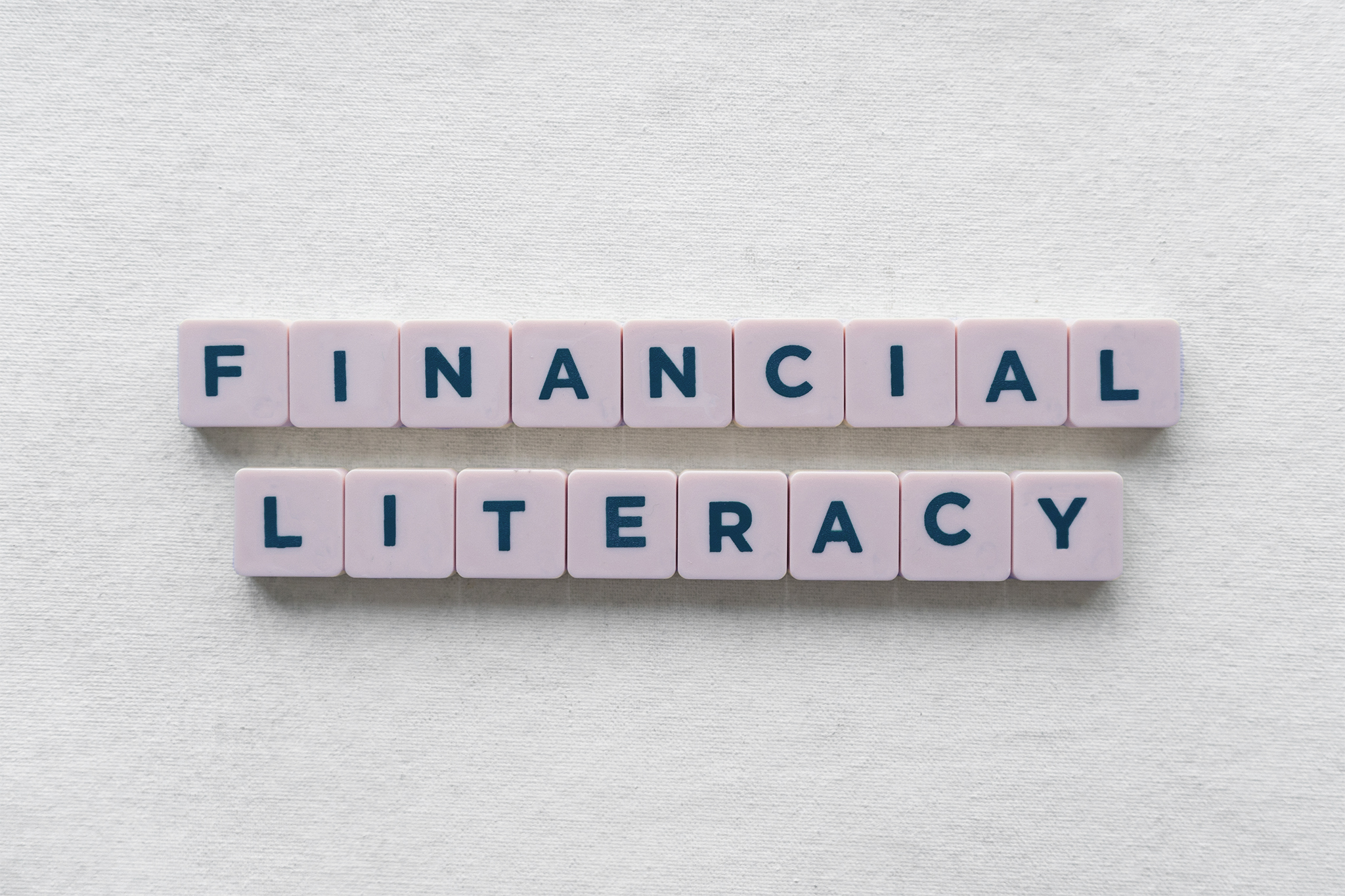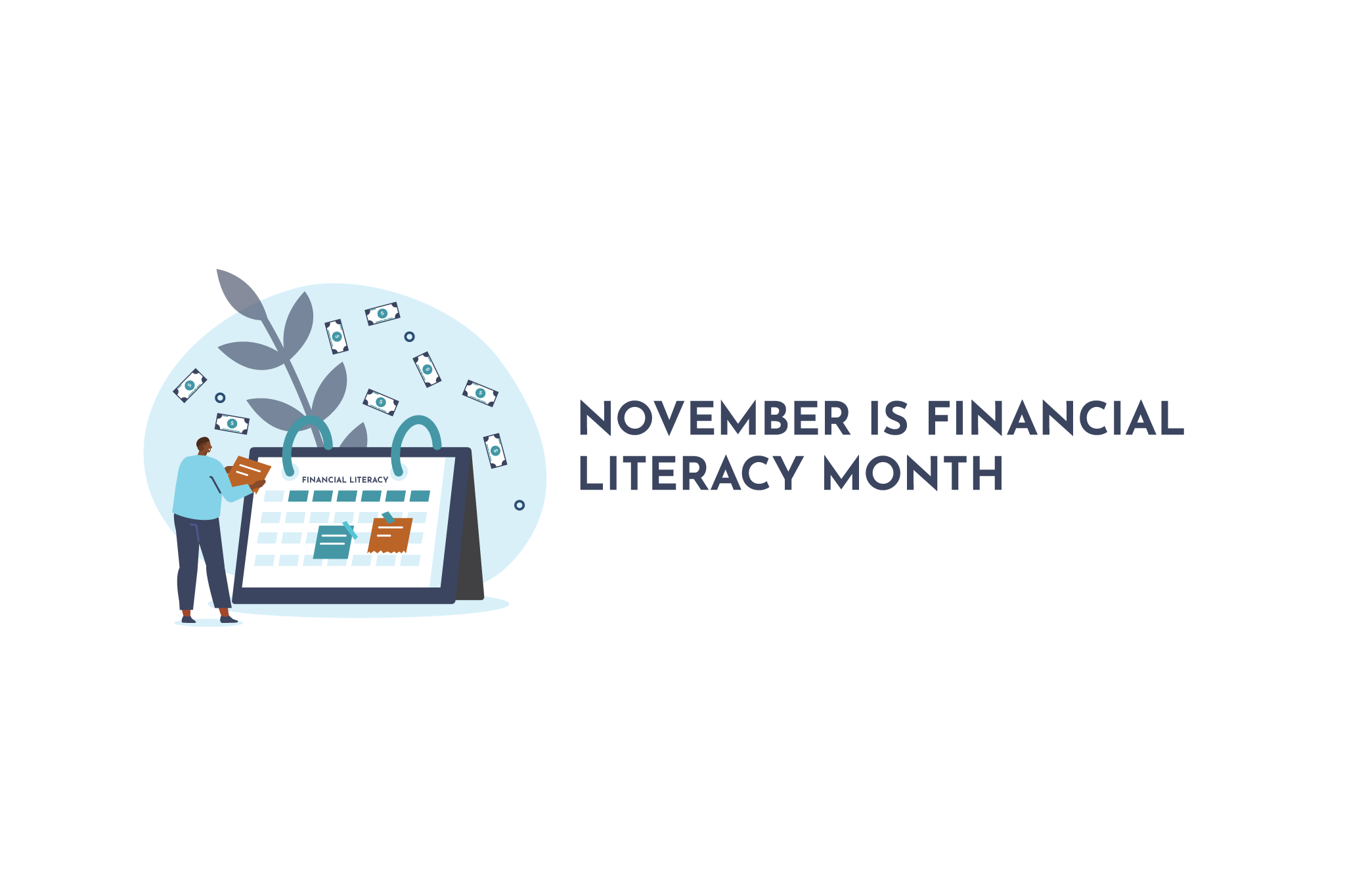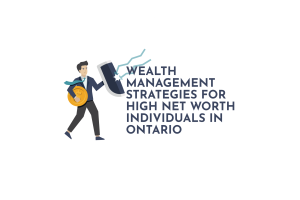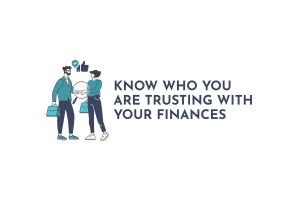You heard that right. It’s not just Movember, which this year is raising money and awareness for men’s mental health, suicide prevention, prostate and testicular cancer. Also, if you live in the area of Simcoe County and Muskoka and visit participating restaurants you may also see that this is Novemburger, a fundraising campaign for the United Way of Simcoe Muskoka. No, on top of these two (and many other events that happen throughout the month) wonderful causes, November is Financial Literacy Month in Canada. In fact, this is the 14th year in a row that Canada has officially had Financial Literacy month. Presented by the Financial Consumer Agency of Canada the goal of financial literacy month is to strengthen financial literacy in Canadians and build up their financial resilience. The sad reality for many Canadians is that while we are in school the idea of daily financial literacy isn’t something that is taught. We didn’t learn the importance of a credit score, how to manage debt properly, how to manage our cash flow and why an understanding of your personal finances is so important. Let’s look at why financial literacy is important and then point out some quick tips that can help you feel better about your personal financial situation.
In this article:
- Why do we Need Financial Literacy Month?
- Tips to Make you Feel Better About Your Personal Financial Situation
- How Can I Improve my Financial Literacy?
Why do we Need Financial Literacy Month?
The sad reality is that understanding your personal finances isn’t simply related to keeping food on the table and a roof over your head. When people are struggling financially there is a massive toll that it takes on you. Your mental health and personal relationships can suffer, you can feel anxiety from something as simple as an unknown caller showing up on your cell phone. So much of the stress and anxiety associated with this type of pressure can be controlled simply from people knowing more about how personal finance works. We have also seen an acknowledgement that understanding personal finance is one of the more overlooked areas of study when people are in school. Even the most basic principles of personal finance like what your credit score is, why it’s important and how to manage it are rarely taught to students at the high school or post secondary level. Basically people often get a credit card in university and are released into the world being told that it will help them build a credit history. What they don’t know is how it will help. What do they need to do? Run up a bill then pay it off? How about carrying a balance? What exactly do you need to do to build up this magical score that will determine so many things for you as an adult? We need financial literacy because many people get themselves into trouble with credit based products and their solution is all too often to go to their bank and ask for help. Here the help offered is often shifting to different credit products and not addressing the education needed to solve the problem at its root. We need people to learn about, and then care about, their personal finances the same way that they care about where they are going to go on vacation next winter.

Tips to Make you Feel Better About Your Personal Financial Situation
Here are some tips that can help you with feeling better about your finances and hopefully reduce the amount of stress associated with them.
- Understand the importance of having an emergency fund. You may or may not have heard this idea before. The suggestion is that you have an emergency fund that contains three to six months of living expenses in it. This fund should be safe and easily converted into cash in the event that you run into a difficult financial situation. The reality is that many people in Canada do not have this type of fund set up. Instead, many people rely on credit to fund their needs in an emergency. While the ability to fund an emergency is essential, whether you use credit or savings, if you are able to have an emergency fund saved up you will find that the stress ends with the emergency. If you are relying on credit to pay for things that strategy carries with it the added stress after the emergency of trying to figure out a plan to pay off the new debt that has accumulated while still paying your living expenses.
- Understanding your Cash Flow. There’s lots of different ways that you’ve likely heard people talk about this topic. ‘Living within your means’ and ‘sticking to your budget’ are two phrases that many people have heard when the idea of understanding their cash flow comes up. The big thing is though, don’t confuse the idea of creating a budget and trying to stick with it with the idea of understanding how cash flow works in your house. Budgeting can often help you with planning for the short term. The problem with living on a budget is that there is a negative connotation that goes with this. No one likes to feel like they miss out on things because they ‘aren’t in the budget’. Instead, make sure that you understand your cash flow. This means what comes in versus what goes out, and make sure that you maximize the efficiency of the cash you have. An effective understanding of your cash flow can do things like minimize interest payments every month and allow you to locate areas where there is ‘leakage’ like overspending on impulse items.
- Manage your Debts. This is one of the biggest ones. When you look at many households there are multiple credit products in use at any given time. This can include a mortgage, home equity line of credit, unsecured lines of credit, auto loans, credit cards, the list goes on and on. It is hard to figure out a way to manage all of the different debts that you have. This is a major source of stress for people because they feel buried and have no idea how to get out from under the weight of what they owe. One of the simplest financial literacy lessons is to understand the difference between good and bad debt. Good debts include things like your mortgage or low interest car loans. The key part of a good debt is that it most often comes with a repayment schedule and is attached to an asset that holds a lot of value to you personally. Bad Debts would be things like credit cards and high interest loans that are often linked to purchases for wants instead of needs. Before you add to any bad debt accounts you need to ask yourself how making the purchase will help you in the long run. Increased financial literacy will help you understand the difference between the two types of debt and help you plan for how to manage them.
- Planning for the Future. It was attributed to none other than Albert Einstein that ‘compound interest is the eighth wonder of the world. He who understands it, earns it, he who doesn’t, pays it.’ Planning for your financial future can take on many different forms. The key is planning and to do it early, so you can maximize the effects of compounding. Understanding how to save for a major purchase or your retirement is a key part of your financial literacy and should be a part of everyone’s financial plan.

How Can I Improve my Financial Literacy?
Typing Financial Literacy Tools into Google and thinking that this will teach you the basics is like trying to drink from a fire hose. The amount of information that you will be presented with is overwhelming and you may not know where to start. Unfortunately, if human nature has taught us anything it’s that oftentimes, when presented with an overwhelming amount of options people don’t know where to start, so they don’t. They move on to more pleasant things, like clumsy panda videos on YouTube. There are great ways to improve your financial literacy though. One of the ways is to start with the actual Financial Literacy Month website. If you scroll to the bottom of the page it contains links to some valuable tools that are designed to help you learn more about money management and how to be more confident about it. Another great way to learn more is to take the time to connect with a financial advisor that takes the time to get to know you and works with you to create a financial plan that addresses your cash flow, long and short term goals and debt management. The team at Strata Wealth & Risk Management is ideally suited to guide you through this process. A financial advisor is a great tool for increasing your financial literacy. Think about it this way, your advisor should be someone who works with you to help you make a clear, understandable plan that you can follow financially that will help you achieve your goals. Since in all likelihood no one taught you basic money management skills in high school, taking advantage of someone who is a trained expert in helping people achieve financial goals is a great strategy.




